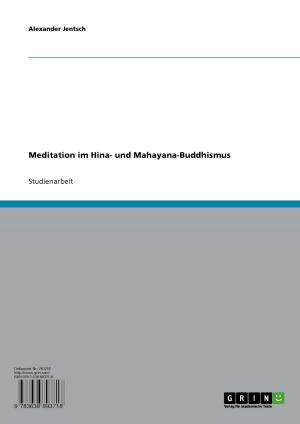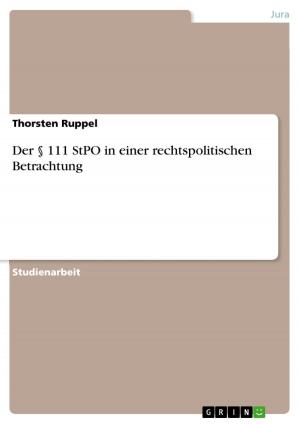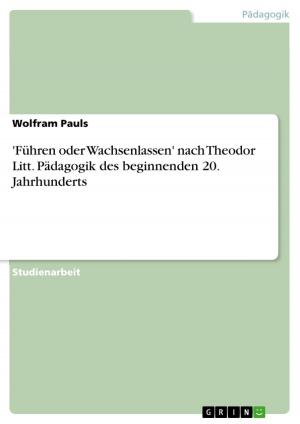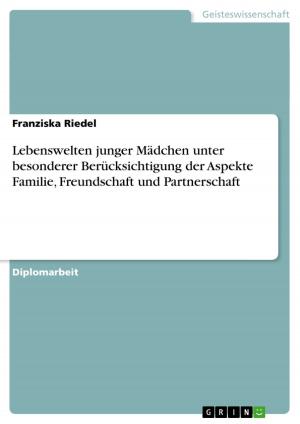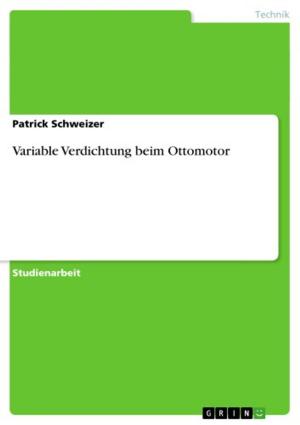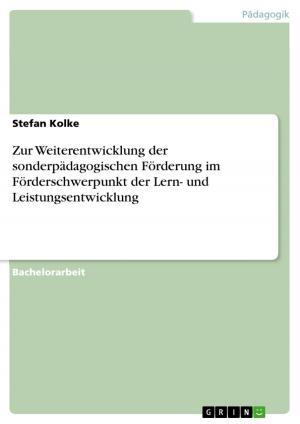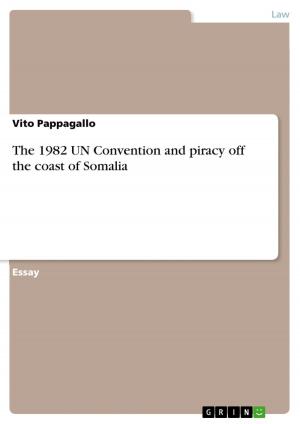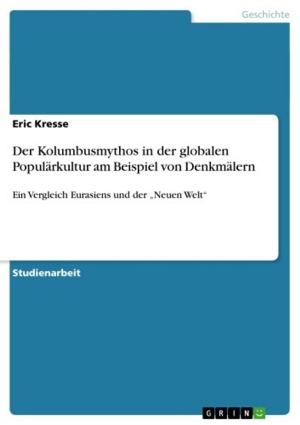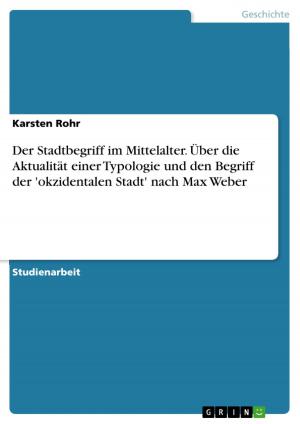Development and Stages of Pidgins and Creoles towards Decreolization. A Phonological Analysis
Nonfiction, Entertainment, Drama, Anthologies| Author: | Thomas Gantner | ISBN: | 9783656978657 |
| Publisher: | GRIN Verlag | Publication: | June 12, 2015 |
| Imprint: | GRIN Verlag | Language: | English |
| Author: | Thomas Gantner |
| ISBN: | 9783656978657 |
| Publisher: | GRIN Verlag |
| Publication: | June 12, 2015 |
| Imprint: | GRIN Verlag |
| Language: | English |
Seminar paper from the year 2011 in the subject English Language and Literature Studies - Linguistics, grade: 2,3, University of Rostock (Institut für Anglistik und Amerikanistik), course: Enriching English, language: English, abstract: First, I will briefly portray the emergence of pidgin and creole languages and their development towards the post-creole continuum. I will examine the different types of pidgin-creole developments and the phenomenon of decreolizing - the approximation of the creole towards the lexifier by using the example of the Hawaiian Creole that I will also portray out of a socio-historical point of view. That creole is officially still called 'Hawai'i Pidgin' by its speakers, but I will avoid using that term in my paper. Therefore, the term Hawai'i Creole English, short HCE, is more appropriate. Furthermore, I will deal with HCE's phonology, especially with its difference to Standard English, in detail - due to the question whether HCE is decreolizing or not. As Norval S. H. Smith states, creole phonology is a 'neglected field' and 'younger languages' have the tendency to be not as much irregular as 'elder language' tend to be.
Seminar paper from the year 2011 in the subject English Language and Literature Studies - Linguistics, grade: 2,3, University of Rostock (Institut für Anglistik und Amerikanistik), course: Enriching English, language: English, abstract: First, I will briefly portray the emergence of pidgin and creole languages and their development towards the post-creole continuum. I will examine the different types of pidgin-creole developments and the phenomenon of decreolizing - the approximation of the creole towards the lexifier by using the example of the Hawaiian Creole that I will also portray out of a socio-historical point of view. That creole is officially still called 'Hawai'i Pidgin' by its speakers, but I will avoid using that term in my paper. Therefore, the term Hawai'i Creole English, short HCE, is more appropriate. Furthermore, I will deal with HCE's phonology, especially with its difference to Standard English, in detail - due to the question whether HCE is decreolizing or not. As Norval S. H. Smith states, creole phonology is a 'neglected field' and 'younger languages' have the tendency to be not as much irregular as 'elder language' tend to be.


